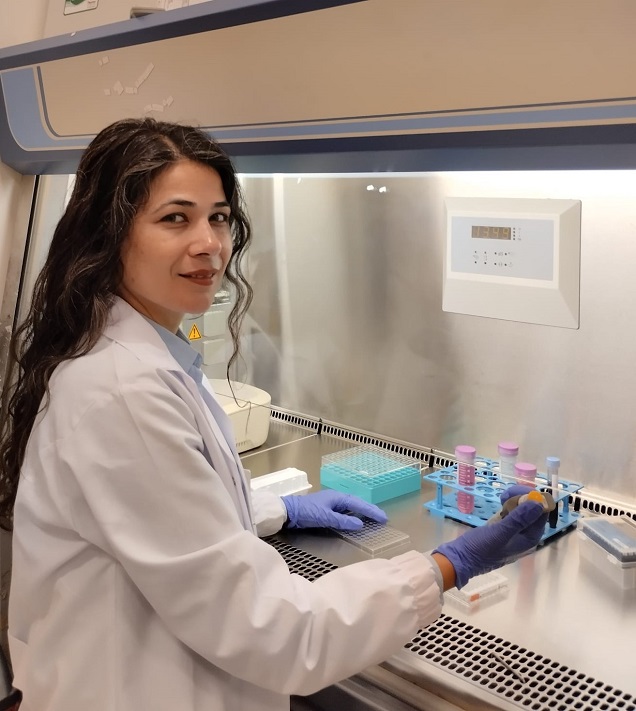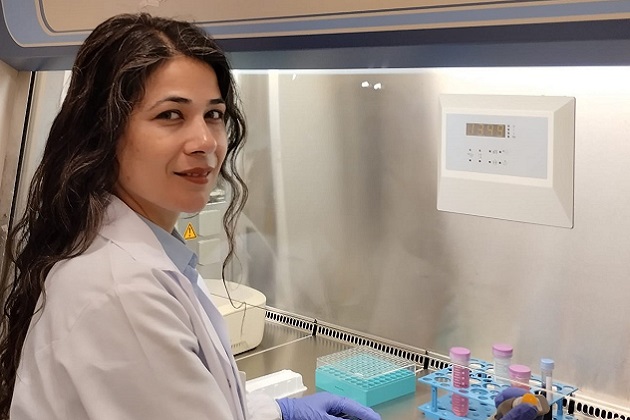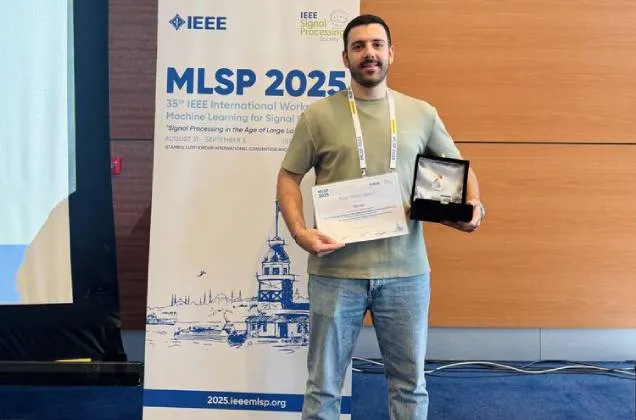09/05/2024
The project of FENS and EFSUN researcher Gül Kozalak entitled ‘Establishing a Multiple myeloma disease model on a microfluidic system and investigating Bortezomib drug responses’ was funded in the framework of 3501 TUBITAK Career Grants.

The project will focus on the development of a microfluidic system that can model Multiple Myeloma disease to investigate the effect of Bortezomib on cell viability and drug resistance.
Multiple myeloma is a hematological cancer characterized by the abnormal proliferation of malignant B cells in the bone marrow and is the second most common globally. Bortezomib, a proteasome inhibitor, is generally used in the treatment of the disease. However, after a while, Bortezomib resistance emerges in patients and cross-resistance may develop against different drugs used to prevent it. Therefore, tumor-specific cancer models that can screen drugs at low cost and in a short time before they reach clinical trials have become an area of unmet need. The conditions required for disease-specific imaging through microfluidic systems can be achieved on a small chip and with cheaper materials. In this sense, it is essential to develop microfluidic systems that have the capacity to describe Multiple Myeloma disease, to predetermine drug responses used in the disease with these systems, and to prevent drug resistance. The project will cover an interdisciplinary research program to investigate drug responses of Bortezomib, which is widely used in Multiple myeloma disease, by looking at it from a wide window with the dimensions of different intercellular interactions and microenvironment interactions. In addition, the microfluidic system to be developed will be used in the near future to elucidate the pathophysiology of Multiple Myeloma disease, to test new drug candidates, and to investigate the effects of existing drugs and drug combinations.
In this project, Tuğrul Elverdi from İstanbul Üniversitesi-Cerrahpaşa will serve as a researcher while Ayşe Salihoğlu from Üniversitesi-Cerrahpaşa Ayşe Salihoğlu and FENS ve EFSUN researcher Ali Koşar will contribute as advisors.




